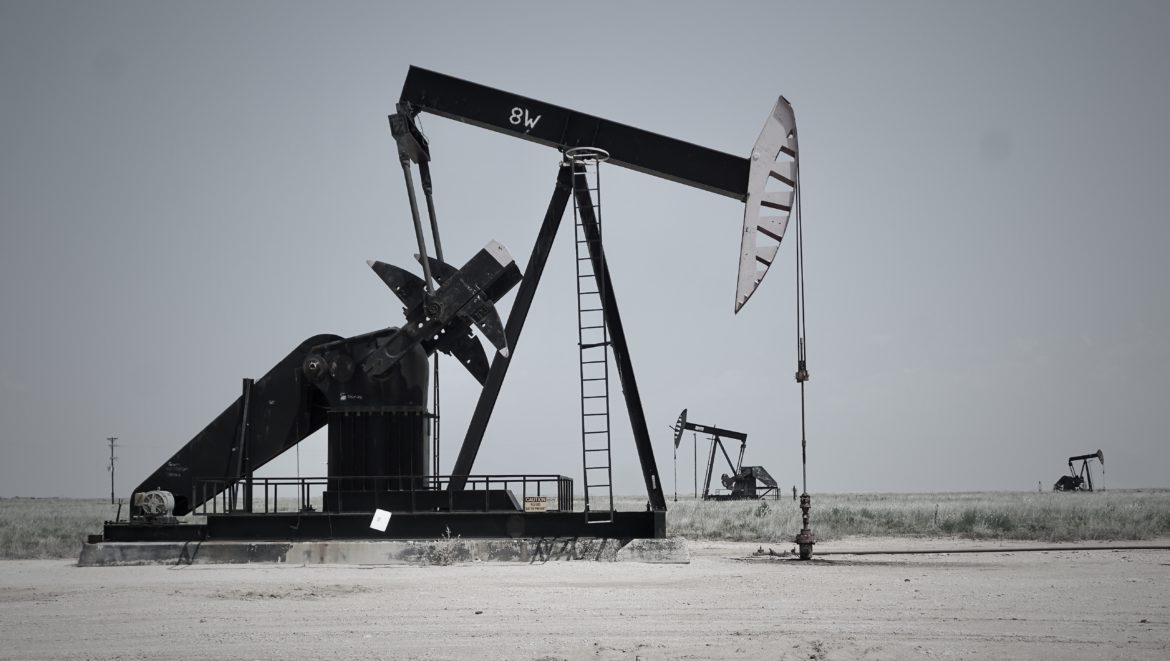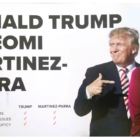Over the course of May and early June this year, a new group called the “Council for a Competitive New Mexico” (CCNM) spent over $130,000 on a media campaign supporting a group of incumbent state senators, most of whom would go on to lose as part of a progressive wave in June’s Democratic primary. The media campaign included several negative mailers and automated phone-calls against candidates opposing the incumbents while the public was left in the dark about who organized the group and who funded the media campaign.
Now, an ethics complaint filed this week with the Secretary of State’s office alleges that CCNM broke New Mexico’s election code by not disclosing its donors.
Neri Holguin, campaign manager for two of the candidates who won during the June primary, Siah Correa Hemphill and Pam Cordova, writes that the group may have violated the New Mexico Elections Code by not reporting who paid for the negative advertising and phone calls against those candidates as well as others.
“It was a deliberate attempt to make it as difficult as possible for voters to know who’s behind these hits on our candidates,” said Holguin in an interview. “They knew the rules enough to file as an independent expenditure (IE) and to list their expenditures, and so why not list contributors?”
“Voters need to know that, and we have no way of knowing that right now,” said Holguin. At the core of Holquin’s complaint is a new state law that triggers certain groups to disclose publicly and quickly who the donors are that paid for their electioneering activities if the costs are larger than a state-prescribed threshold.
Holguin said she believes CCNM was created by a group of people, including prominent New Mexico lobbyist Vanessa Alarid–whom she mentioned by name in the complaint–that have used similar tactics in recent years to influence elections at the local and state level without disclosing publicly who is funding the activities in a timely fashion.Chevonne Alarid, the president of the nonprofit group, however, said disclosure isn’t necessary until it files its annual report to the Internal Revenue Service. In addition, she and Vanessa Alarid both denied Vanessa’s involvement.








